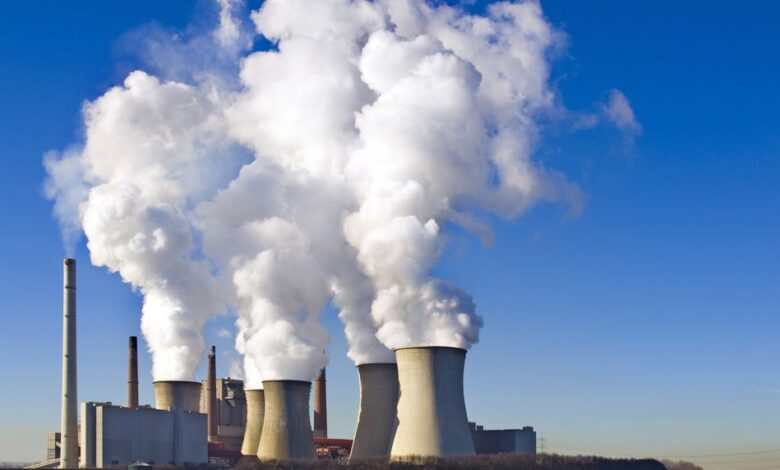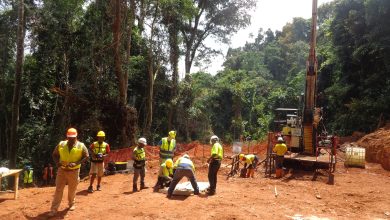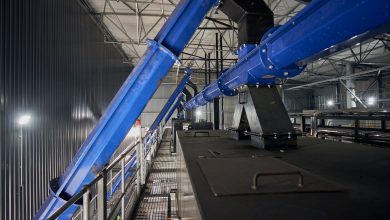
It is advisable to engage a specialist consulting firm for accurate, efficient and cost-effective execution of compliance monitoring.
In different countries worldwide, legislation obligates organisations in industries deemed to be biggest pollutants to reduce carbon emissions produced from their activities. Mainly, these industries, just to cite a few, are Mining, Oil and Gas (MOG), power generation, and petrochemicals. The legislation recognises consistent and accurate environmental monitoring as one of the practical ways through which organisations can control their emissions. The rationale behind this is that an organisation can only manage best what it can monitor.
There should be no margin for error in monitoring. Yet, given the intricacies involved, accurate, cost effective and efficient implementation of environmental compliance monitoring is always a tall order for organisations. Otherwise, lapses could have implications on beyond the bottom-line costing the company reputational damage and litigation in the event of breaches. Hence, this necessitates engaging specialist consultants that have a track record in environmental compliance monitoring.
Comprehensively documented
South Africa can be cited in a case study of the legislation governing environmental compliance monitoring. Decidedly, the acts that constitute the legislation comprehensively emphasise the obligation of mining companies to monitor the level of emissions produced from their activities.
- South African National Environmental Management Act
Section 28(1) of the South African National Environmental Management Act (Act no. 107 of 1998) (NEMA) specifically states that “every person who causes, has caused or may cause significant pollution or degradation of the environment must take reasonable measures to prevent such pollution or degradation from occurring, continuing or recurring, in so far as such harm to the environment is authorised by law or cannot reasonably be avoided or stopped, to minimise and rectify such pollution or degradation of the environment”. In an effort to govern proposed developments that have the potential to degrade the environment, the various competent authorities require for numerous different authorisation processes to be undertaken for the relevant triggering activities.
The competent authorities include: Department of Environment, Fisheries and Forestry (DEFF), Department of Mineral and Resources (DMR), Department of Water and Sanitation (DWS) and their provincial representatives, require for numerous different authorisation processes to be undertaken for the relevant triggering activities.
- Authorisation processes
These authorisation processes to be undertaken include inter alia: Environmental Authorisation (EA), Air Emissions License (AEL), Waste Management License (WML) and Water Use license (WUL), most of which require an accompanying Environmental Management Programme (EMPr) to govern the activities on-site in a conservative manner.
Most, if not all, of the aforementioned authorisations will stipulate conditions that require the licensee to institute various monitoring programmes, that should be conducted by an independent contractor, to document environmental trends and compare results against legislated limits and guidelines.
This is in a bid to guide the activity in a precautionary manner and to provide a means of pre-empting, or identifying any changes in environmental trends that may result in the pollution and/or degradation of the natural environment. This in part fulfils the proponent’s legal responsibility under Section 28(1) of NEMA (Act no. 107 of 1998), however further actions may be required if environmental pollution and/or degradation may need to be minimised, or rectified.
- Monitoring programmes
The typical monitoring programmes that may be stipulated within each authorisation include: WUL- Ground and/or surface water flow and quality monitoring, which may include chemical, bacteriological and aquatic biomonitoring analyses.
AEL: Dust fallout, ambient air and stack air emissions quality monitoring. It has also become increasingly common to see the requirement of soil chemistry monitoring, particularly where dust suppression is taking place on sites where sensitive landscapes and/or landforms are identified. In most authorisations, it is stipulated that the monitoring results for a specific period (e.g., weekly monthly, quarterly or biannually) must be culminated into a report and submitted to a local, regional or national competent authority for review and record purposes under each authorisation. Bearing this in mind, the monitoring and reporting must be conducted by a suitably qualified professional who has preferably conducted numerous similar studies.
Specialists
Engaging specialist consulting firm
As seen above, it is incredible for an organisation to think this task, an area in which it may not have competencies, can be carried out inhouse. And so, it is advisable to engage a specialist consulting firm for accurate, efficient and cost-effective execution of compliance monitoring. The specialists would be able to advise on the exact requirements of an operation and the associated authorisation. Both onsite and remote assessment is done in areas such as: soil, groundwater, surface water, effluent water, waste, air quality and odour.






